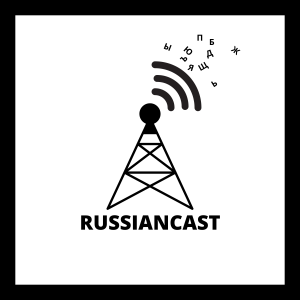Perfective/Imperfective Pairs
As you know, each verb in Russian is either perfective or imperfective. Most verbs form perfective/imperfective pairs. However, not all of them. For example:
делать/сделать – to do
опаздывать/опоздать – to be late
давать/дать – to give
Sometimes different meanings can refer to pairs
учить/научить – to teach
учить/выучить – to learn
Sometimes verbs with different roots are used:
брать/взять
ловить/поймать
The verb ‘говорить’ is good to illustrate these points. Let’s take a look at three usages of this verb.
(1) Я говорю по-русски. – Here, ‘говорю’ refers to the ability to speak. And in this case there’s simply no need for a perfective pair, because you won’t find any context where you can describe this action as a whole, as completed. It’s just an ability which you generally have.
(2) Я говорю с друзьями. – Here, ‘говорю’ means ‘talk’, ‘have a conversation’. In the past, and in the future tenses it can have a perfective pair ‘поговорить’, which however, conveys an additional meaning of ‘having a conversation for some time’. Cf.:
Я долго говорил с друзьями (imp.). – I talked to my friends for a long time.
Сначала я поговорил (perf.) с друзьями, а потом пошёл в сад. – I talked to my friends (for some time), after that I went out to the garden.
(3) Я этого не говорил (imp.). – I didn’t (ever) say that. In this case, ‘говорить’ is used as an imperfective pair of the verb ‘сказать’ which doesn’t have an imperfective pair of the same root.
Learn more:
What are perfective and imperfective verbs?
Present tense
Past tense
Future tense
Infinitives
Imperative
